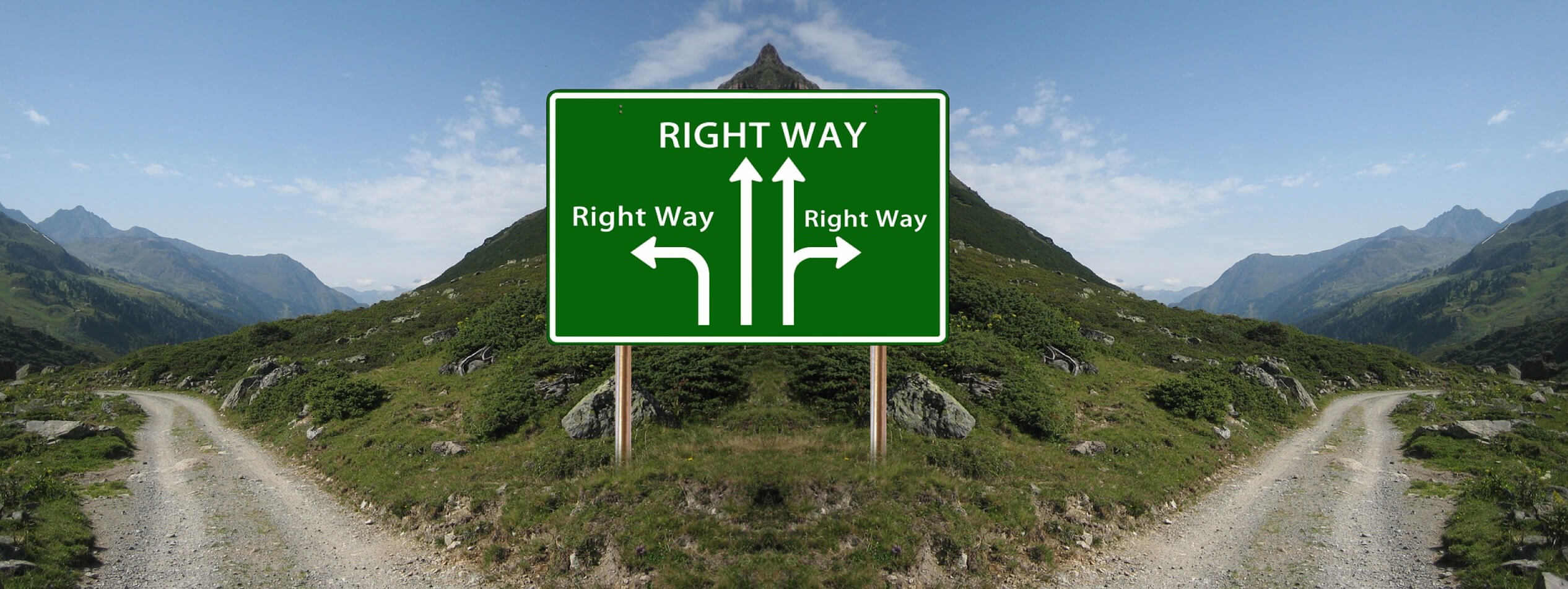The wizard and the prophet
I was listening to a rebroadcast of an old Freakonomics podcast episode called “Two (Totally Opposite) Ways to Save the Planet”, and it struck me that these two perspectives are prevalent in agriculture. They are two opposing voices that compete to influence the way that farmers think.
What are the two ways? The author Charles C Mann, in his book by the same title, calls them “The wizard and the prophet”. The wizards are the technologists. The people who believe that humans are smart enough to solve any challenge that we currently face, or will face in the future, with technology. The prophets are the environmentalists. They are the ones that predict that humans are doomed if we don’t change the way we act and radically reduce consumption. An example of this is the vegan movement. The premise is that the way animal produce is made has such a big environmental impact that the only way to save the environment is to completely stop consuming animal produce.
The challenge in agriculture
I get the sense that a lot of people in agriculture are torn between the two, as am I. One of the prime examples in agriculture where there has been a huge conflict between these two ideas was the green revolution. The development of chemical fertilisers led to a massive increase in food production, resulting in the ability to feed an ever-growing population. But the environmental impact of the green revolution is becoming more and more apparent over time.
The prophets would never have wanted the green revolution to happen in the first place. The wizards say we can solve these environmental problems with further technological developments. I do not think either is completely correct. It is far more nuanced than any one fundamentalist opinion.
From an environmentalist’s perspective many of the current technologies we use to solve agronomic and environmental problems on farms have potential unknown environmental consequences. A prime example of this is the use of herbicides to deal with the problem of weeds, that are often a challenge in no-till systems. The implementation of no-till practices has significantly reduced soil degradation and led to an improvement in soil health. This is a technological development to solve the earlier environmental problem of soil degradation. But what are the consequences of the widespread use of chemical herbicides in no-till systems? What has been observed is resistance by weeds to certain herbicides, pollution of fresh water sources, and varying impacts on soil life, just to name a few. But which is the lesser of two evils to deal with weeds – herbicides or tillage?
From a wizard’s perspective many of the proposed environmental solutions to the same problems are unreasonable and not viable. An environmental solution to the problem of weeds discussed above would be to follow a completely organic approach, and to allow the weeds to be present until the soil had improved enough that the weeds are no longer a big enough problem. The challenge with this is that any products currently on the market that are grown in remotely this kind of manner are sold at a premium. This is a premium most of the world cannot afford. There is little evidence yet to show that totally organic systems can feed the global population.
The point I am trying to make is that these challenges are complex. I do not believe they can just be solved with one fundamentalist approach.
The balanced approach
What always seems to end up happening is that people will ask, is the wizard approach best or is the prophet approach best? I think that is the wrong question to ask, yet it is the most common way in which this problem is approached. We need a more holistic, pragmatic approach to the problem. It does not always have to be either/or. It can be yes, and. Or it can be a whole new solution. What I believe is important though, is to not write off technology, but to also acknowledge the complexity of nature. We do not understand enough about the complexities of nature to think that we can use technology to solve every ecosystem service that we break.
What this means to us as the community of people with the stated goal of sustainable agriculture is that we should carefully consider each new technological solution that is presented, especially those claiming to fully solve big problems. Many of these technologies are useful, and can be incorporated well into a holistic, sustainable farming system. We just need to ensure that we continue to protect natural ecosystems and resources to the best of our abilities.
The purpose of this article is purely to provoke thought. To ask you to consider where you fall in the spectrum of wizard and prophet, and to think about how this perspective influences your view of the solutions that are presented to you every day.
Conclusion
Farmers are inundated with products and ideas, mainly from ‘wizards’ on how to farm more profitably, environmentally and with greater social responsibility. On the other hand, there are many ‘prophets’ who lambaste farmers at every turn for the negative environmental impact of agriculture. It is very difficult to figure out what to do. My encouragement is to figure out what your goal is, and to assess everything you are presented with against whether it will help to contribute towards your goal. Do not get carried away by either of the prophets or wizards – use a balanced approach to decide on the best course of action for your business.
Source
Two (Totally Opposite) Ways to Save the Planet (Ep. 346 Rebroadcast) – Freakonomics
- A carbon footprint assessment for pasture-based dairy farming systems in South Africa - 2024-02-07
- What progress have farms participating with Trace & Save made over the past 10 years? - 2023-09-06
- Carbon footprint reduction over time: Lessons from pasture-based dairy farms in South Africa - 2023-09-04

